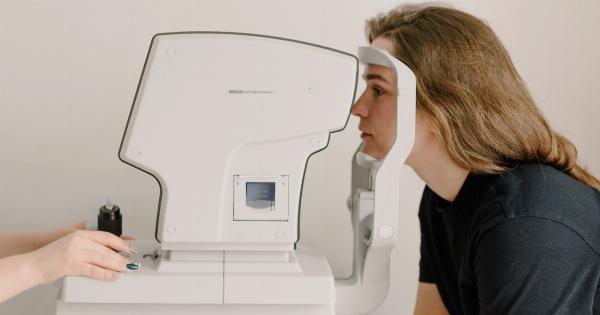Iodine is an essential mineral that plays a crucial role in maintaining overall health. It is required for the synthesis of thyroid hormones, which regulate various bodily functions, including metabolism, growth, and development.
While iodine deficiency is a prevalent issue worldwide, it remains a lesser-known problem that can have significant consequences on one’s health. In this article, we will explore what iodine deficiency is, how it affects the body, its symptoms, causes, and treatment options.
What is iodine deficiency?
Iodine deficiency refers to a condition where the body does not have enough iodine to produce adequate levels of thyroid hormones.
The primary source of iodine in the diet is through the consumption of foods such as iodized salt, seafood, dairy products, and certain fruits and vegetables. However, in regions where the soil is depleted of iodine, which is common in mountainous areas, iodine deficiency becomes a prevalent problem.
How does iodine deficiency affect the body?
Iodine deficiency can significantly impact the body’s overall health and well-being. Since the thyroid hormones regulate metabolism, growth, and development, a lack of iodine can lead to various complications.
It can hinder brain development, affecting cognitive function, particularly in infants and young children. In pregnant women, iodine deficiency can cause severe consequences for the developing fetus, including mental and physical disabilities.
What are the symptoms of iodine deficiency?
The symptoms of iodine deficiency can vary depending on its severity and duration. Some common signs and symptoms include:.
- Swelling in the neck (enlarged thyroid gland or goiter)
- Unexplained weight gain
- Fatigue and weakness
- Dry, flaky skin
- Hair loss
- Feeling cold all the time
- Depression and irritability
- Constipation
- Slowed heart rate
- Irregular menstrual periods
If left untreated, severe iodine deficiency can lead to a condition called hypothyroidism, where the thyroid gland is unable to produce enough thyroid hormones.
What are the causes of iodine deficiency?
The main cause of iodine deficiency is the lack of iodine-rich foods in the diet. Some common factors that contribute to iodine deficiency include:.
- Inadequate consumption of iodine-rich foods
- Consumption of foods grown in iodine-deficient soil
- A vegetarian or vegan diet, which may not include iodine-rich sources like seafood
- Pregnancy, as the demand for iodine increases during this period
- Exposure to certain chemicals, such as perchlorate, which can interfere with iodine absorption
It is important to note that iodine deficiency can affect people of all ages, genders, and socioeconomic backgrounds, but specific populations, such as pregnant women and infants, are at a higher risk.
How is iodine deficiency diagnosed?
Iodine deficiency can be diagnosed through various methods, including:.
- Urinary iodine test: Measures the amount of iodine in urine to assess iodine levels in the body
- Blood tests: Measure the levels of thyroid hormones and thyroid-stimulating hormone (TSH)
- Physical examination: Assess the presence of an enlarged thyroid gland (goiter)
If you suspect you have iodine deficiency or are experiencing symptoms associated with it, it is crucial to consult a healthcare professional for a proper diagnosis.
How is iodine deficiency treated?
The treatment for iodine deficiency typically involves increasing iodine intake through diet or supplementation. In mild cases, consuming iodine-rich foods can help replenish iodine levels in the body. Some examples of iodine-rich foods include:.
- Iodized salt
- Seafood, such as fish, shrimp, and seaweed
- Dairy products, including milk, yogurt, and cheese
- Eggs
- Cranberries and strawberries
- Lima beans and prunes
In more severe cases, healthcare professionals may recommend iodine supplements. However, it is essential to consult a healthcare professional before starting any supplementation to avoid potential side effects or interactions with other medications.
Prevention of iodine deficiency
Preventing iodine deficiency involves ensuring an adequate intake of iodine through diet or supplementation. Some preventive measures include:.
- Using iodized salt in cooking and seasoning
- Incorporating iodine-rich foods into the diet
- Regularly consuming seafood
- Consulting with a healthcare professional regarding iodine supplementation, especially during pregnancy
- Being aware of the iodine content in locally grown foods, particularly in regions with iodine-deficient soil
By taking preventive measures and being mindful of iodine intake, individuals can reduce the risk of iodine deficiency and its associated complications.
In conclusion
Iodine deficiency is a widespread problem that can have profound effects on overall health and well-being. It is crucial to be aware of the symptoms, causes, and treatment options associated with iodine deficiency.
By ensuring an adequate intake of iodine through diet or supplementation, individuals can promote proper thyroid function and prevent the complications associated with iodine deficiency.



























